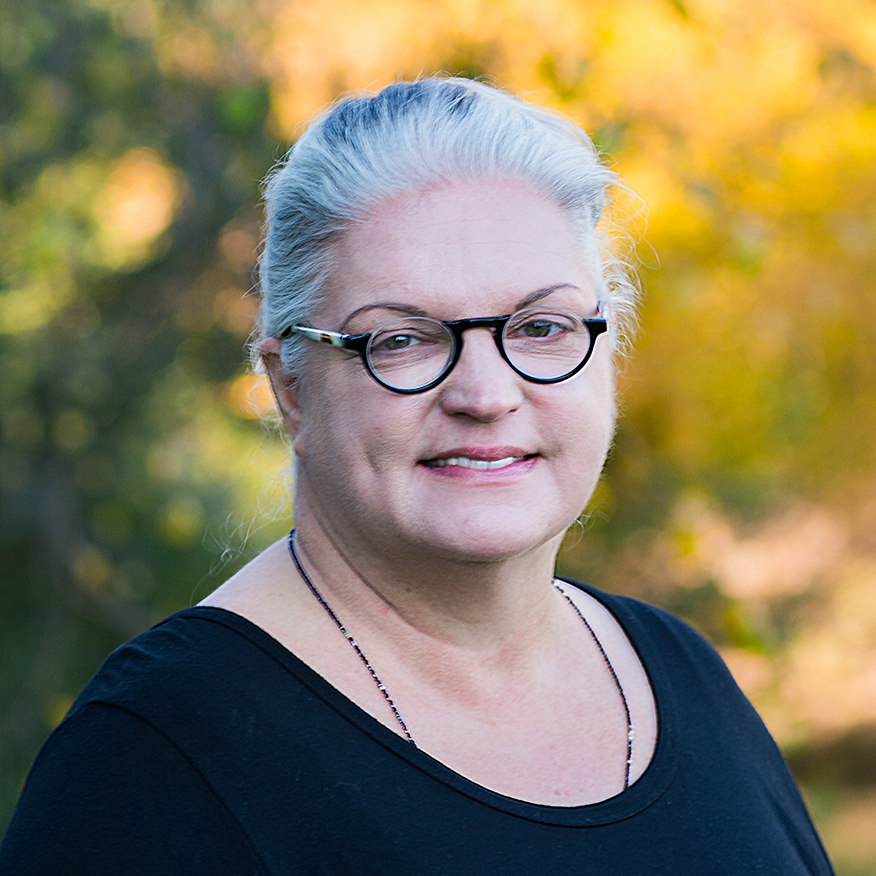2 min read
Steven Chu, Supporter of Cellulosic Ethanol, to Head Energy Department
 Suz-Anne Kinney
:
January 5, 2009
Suz-Anne Kinney
:
January 5, 2009
President-Elect Obama’s selection of Steven Chu to head the DOE could spur technological advancement in biofuels significantly. Chu’s credentials and experience are substantial. He has a doctorate in physics from UC-Berkeley and shared the Nobel Prize for Physics in 1997. Currently, Chu leads the Lawrence Berkeley National Laboratory, a center for non-classified research, where he oversees 4,000 employees and a $650 million budget. Two of Chu’s most notable achievements there have been his vocal support of advanced biofuels and his ability to bring science and business together to solve problems.
When Chu took over the Lawrence Berkeley National Laboratory, he quickly modified the focus of its research to energy and renewable sources of transportation fuel. The lab also houses the Joint BioEnergy Institute, a government-funded lab whose mission is to convert plant cellulose into fuel using synthetic biology. Throughout his tenure at the lab, Chu has become a leading voice for cellulosic ethanol. According to Timothy Gardner of Reuters, Chu is a “ steadfast supporter of next-generation biofuels such as cellulosic ethanol, expected to be made from the tough woody bits of crops like grasses and fast growing trees as well as plant and timber waste.”
As head of the lab, Chu has also pursued academic, scientific, and business partnerships to accelerate progress toward renewable energy goals. Most notably, he helped organize a second biofuels research center by forming a partnership between the Berkeley lab, British Petroleum (BP) and the University of Chicago at Urbana–Champagne to create the Energy and Biosciences Institute (EBI); the mission of EBI is to produce cellulosic ethanol, and BP funded the project with $500 million. In another effort to bring science and business together, Chu is a member of the Copenhagen Climate Council, an international collaboration between business and science to reduce greenhouse gas emissions.
With his deep knowledge of the science behind energy and climate change and his ability to foster collaboration among people and institutions with varied interests, Steven Chu will spearhead the rapid advancement of cellulosic ethanol, moving the United States closer to its renewable fuels goals and energy independence. Wood fiber suppliers—those selling and delivering woody biomass, pulpwood, chips, and mill residues—are likely to benefit from his leadership of the DOE.




